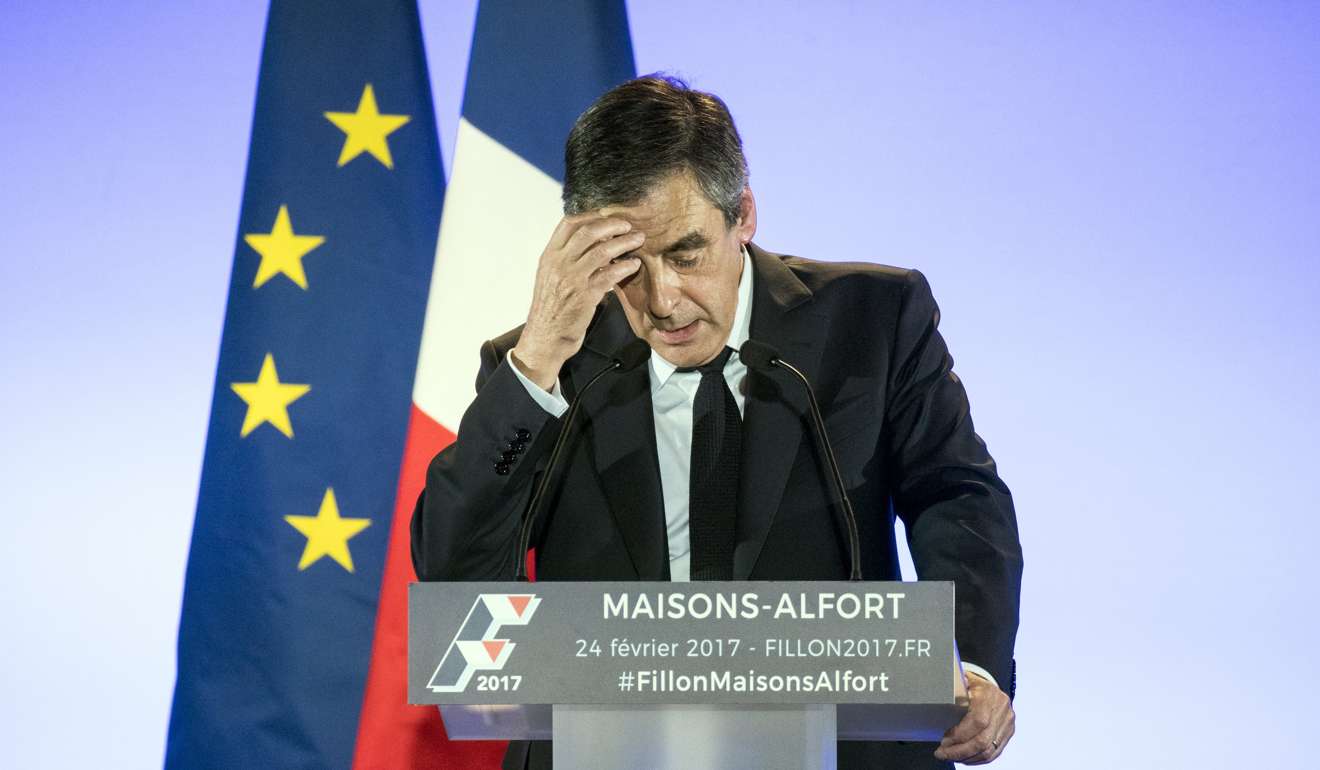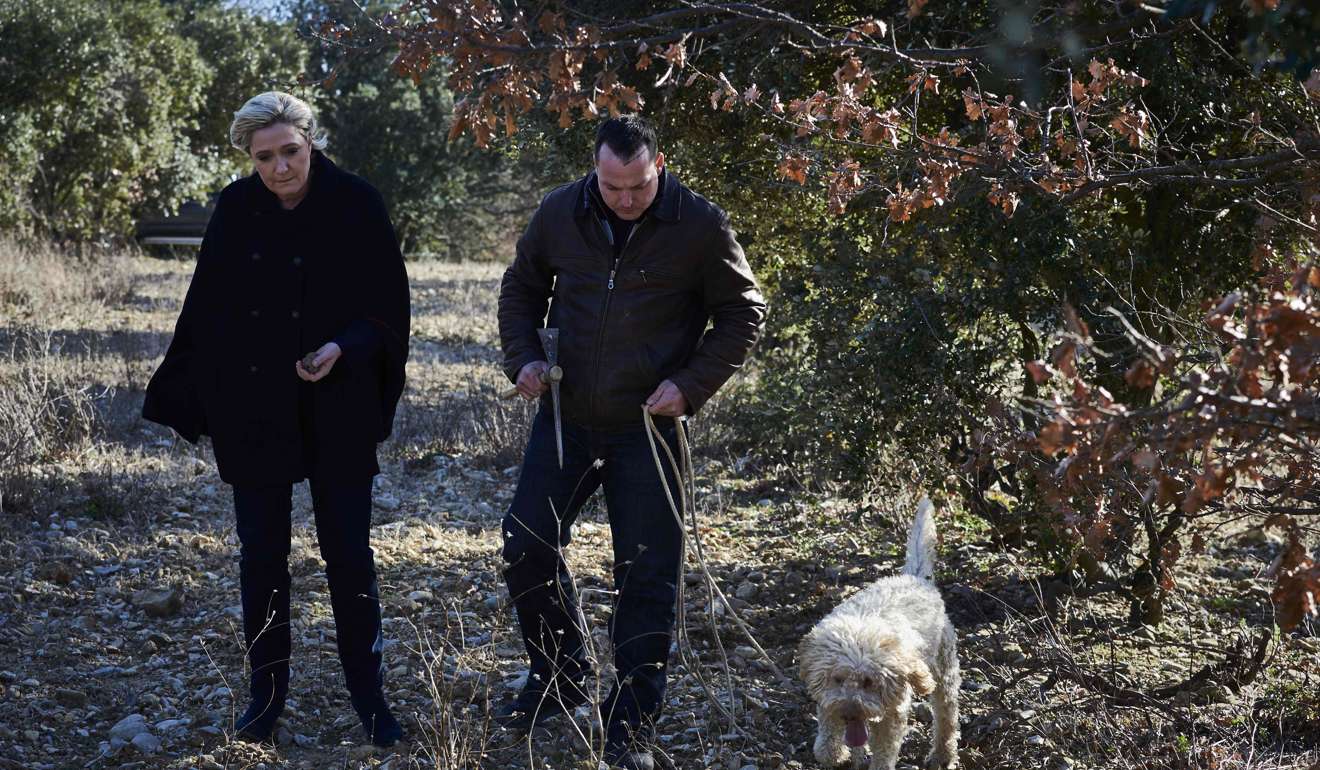
Yes, Marine Le Pen could become France’s next president
The 2017 presidential election result is unpredictable: about half of voters are still undecided
At the headquarters of her National Front (FN) party in Nanterre outside Paris, officials believe the same forces that led to the Brexit vote in Britain and Donald Trump’s victory in the US could carry Le Pen to power. Even some of her rivals concede a victory for the far-right firebrand is possible.
“I think Madame Le Pen could be elected,” former conservative prime minister Jean-Pierre Raffarin said this month.
Another former premier, the Socialist Manuel Valls, has also warned of the “danger” of assuming that Le Pen cannot win.

Polls show that support for the 48-year-old anti-immigrant and anti-EU candidate has been consistent for four years now.
Since 2013, surveys have shown the blonde 48-year-old will progress through the first round to reach the run-off stage in France’s two-stage presidential election.
Pollsters now note that although Le Pen is not currently forecast to win the all-important showdown on May 7, she has whittled down the projected gap between herself and her main challengers.
The legal woes of her conservative challenger Francois Fillon have especially played into Le Pen’s hands.

When Fillon saw off pre-contest favourite Alain Juppe to clinch the rightwing nomination in late November, polls showed he would win 67 per cent of the vote in the run-off to 33 per cent for Le Pen.
The pressure on 62-year-old Fillon moved up a notch on Friday when prosecutors announced he would face a full judicial investigation into the claims.

Although Macron’s performance against Le Pen has only been tested since January, the winning margin has dropped from 30 points to around 20 in a month.
The latest Ifop poll gives Macron 61.5 per cent to 38.5 for the far-right standard-bearer.
Le Pen is also caught up in an expenses scandal and faces accusations she has misused European Parliament funds. Yet unlike Fillon, who once led the race, the allegations have not damaged her support.

Experts caution however that predicting the second-round scores in a contest that has already thrown up a host of surprises is fraught with risk. And the polls have been wrong in election after election over the last two weeks.
When canvassed by L’Opinion newspaper in mid-February, polling experts were divided on whether Le Pen could win.
Bernard Sananes of the Elabe polling group said it was “both possible and improbable”.
Jerome Sainte-Marie of Polling Vox hedged his answer, saying: “Against Macron, she has a chance of winning.”
Ifop’s Jerome Fourquet said that if on the eve of the second round, the polls show Le Pen at 40 per cent to 60 per cent for a rival, “the gap is too big for there to be a surprise”.
“But if it’s 55-45, it could be a different matter,” he said.

Fourquet said Le Pen’s performance in the first round would be crucial to see if she can gain the momentum to snatch a win in the run-off.
In the 2002 presidential election, Marine’s father Jean-Marie Le Pen rocked the political establishment by reaching the run-off. But in that second round, voters of various political stripes reluctantly got behind conservative candidate Jacques Chirac to block the far right.
Regional elections in December 2015 offer a more recent precedent. Both Le Pen and her 27-year-old niece Marion Marechal-Le Pen were soundly beaten in the second round despite high scores in the first round, as the mainstream parties joined forces to block them.
“[Since then], Le Pen has cleared another hurdle, but the barrier she still has to clear is very high,” Fourquet said.
Researcher Joel Gombin, a specialist on the FN, believes Le Pen is still some way short of getting the keys to the glittering Elysee Palace.
He asked: “As things stand, where are the votes necessary to move up from 25 per cent or even 30 per cent to 50 per cent?”
Additional reporting by The Guardian

.png?itok=arIb17P0)